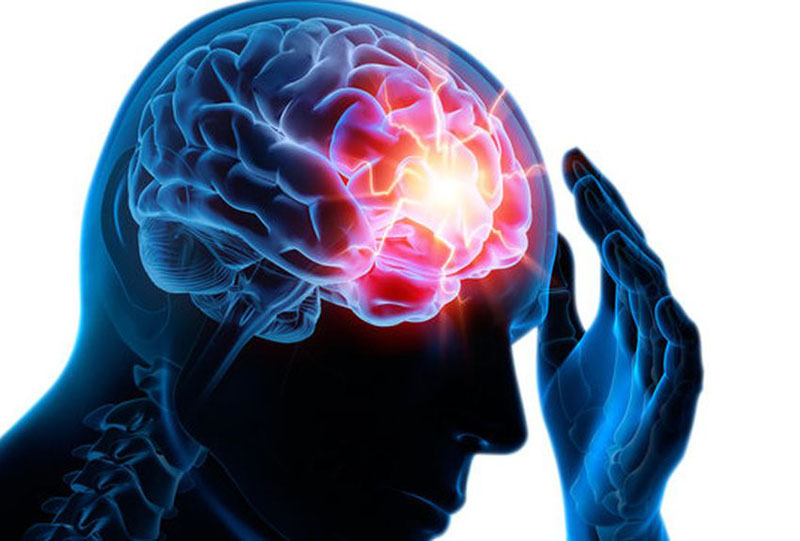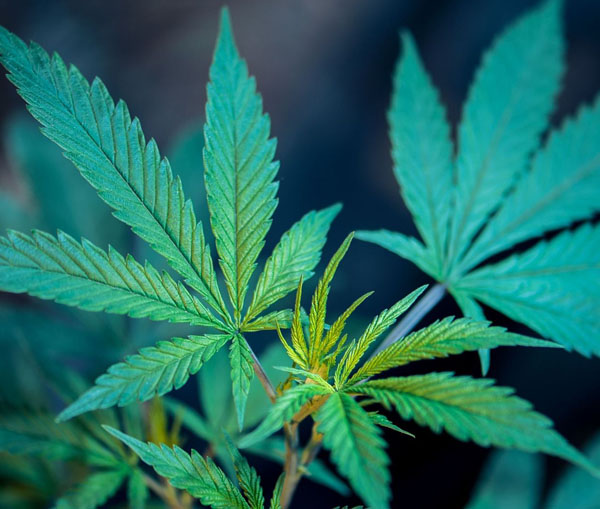Have a question? 06 70 73 89 02
🔞 Not for sale to under 18s
🔥 It's our anniversary: 30% off with the code 7YEARS!!! 🥳 ( excluding accessories and gummies)
Have a question? 06 70 73 89 02

The word epilepsy comes from the Greek "epilambanein", meaning " to take by surprise ". Although this neurological disease comes in many forms, what it has in common is its unpredictability.
Around 500,000 people in France suffer from epilepsy, and although medicine offers a range of solutions, none of them leads to a complete cure, only to the limitation of seizures and their intensity in certain cases.
Epilepsy[1] is linked to abnormal electrical activity in the nerve cells of the cerebral cortex, causing a temporary disruption in communication between neurons.
Generalized seizures occur when the entire brain is affected (one-third of patients), and partial seizures when a specific area of the brain is affected (two-thirds of patients):
1/ Generalized epilepsy is itself multifaceted, since it can present as tonic-clonic seizures (the most spectacular seizure marked by convulsions, falls, screams, etc.), absences (a few loss of consciousness per week) or myoclonic seizures (brief muscle jerks in full consciousness).
2/ Partial epilepsy, on the other hand, does not affect the entire cortex. Symptoms differ according to the part affected, and are often characterized by contractions, spasms or mood swings.
Partial epilepsy is said to be simple when there is no break in consciousness. Partial epilepsy is said to be complex as soon as there is a change in consciousness (e.g. the person performs automatic gestures).
Based on an international classification of syndromes, a distinction is made between idiopathic epilepsies (10-15% of cases) of genetic origin and therefore without apparent causes, and symptomatic epilepsies resulting from localized lesions in the brain or diffuse phenomena such as cerebrovascular damage (CVA), tumors, infectious diseases such as meningitis, or prenatal lesions.
Diagnosis is made by EEG (electroencephalogram) and, in the case of symptomatic epilepsy, also by magnetic resonance imaging.
The patient must be monitored by a doctor, as inappropriate treatment can aggravate the epilepsy. In some cases, epilepsy is cured, in others it persists (drug-resistant epilepsy).
In view of the violence and unpredictability of the seizures, the patient will often develop anxiety and/or depression, and in this case should also be monitored by a psychologist.
First and foremost, because this is a serious illness, any use of CBD should be subject to the advice of a doctor.

Several scientific studies on the impact of CBD oil use on epilepsy have been conducted. [2]
Depending on the form of epilepsy, the reduction in seizures varies from 42% for atonic seizures (seizures that can lead to falling) to 51% for convulsive seizures.
These 3 studies were carried out with CBD oil dosed at 10%, i.e. 100mg/ml.
In the case of refractory or drug-resistant epilepsy patients (epileptics with seizures that do not respond satisfactorily to anti-epileptic drugs, i.e. around 30% of patients), a reduction in seizures of at least 50% was observed in 40-50% of all cases studied.
However, subjects suffering from other forms of epilepsy, such as focal epilepsy of structural origin (due to a brain lesion) or idiopathic generalized epilepsy (idiopathic: epilepsy is not the consequence of something else, it is the disease itself), have not yet been studied in a targeted way. The result is uncertainty about the efficacy of CBD in their case. [2]
While taking CBD seems to improve the situation of patients in a significant number of cases, as mentioned in the preamble, it is imperative to seek the prior advice of one's doctor.
Finally, in addition to its action on the number and intensity of seizures, CBD's anxiolytic effect can also play an important calming role in this aspect of the disease[3]. Indeed, whether before, after or between seizures, depression and anxiety often strike epilepsy sufferers.

CBD oil is taken in the form of drops placed directly under the tongue using a pipette, allowing it to diffuse more rapidly into the bloodstream for a more immediate effect. In principle, CBD has no side effects, apart from a certain drowsiness in some cases, which means that the quantity of drops swallowed can be adjusted accordingly.